It doesn’t matter which way you cut it: the past year makes grim reading for the car industry. Whether you look at sales or manufacturing, the numbers are all down, with the ongoing effect of the coronavirus pandemic and the rolling programme of lockdowns and restrictions creating uncertainty for consumers and businesses alike. So it isn’t an understatement to say the full reopening of dealerships on 12 April can’t come soon enough.
How bad has it been? You don’t have to look far for an answer. The Society of Motor Manufacturers and Traders estimates the industry as a whole suffered a staggering £23 billion loss in the year since prime minister Boris Johnson announced the first national lockdown at the end of March 2020. As for sales, over the course of 2020 there were 1.6 million new car registrations, nearly a 30% drop on 2019’s figure.
Yet these numbers are arguably skewed heavily by the early days of the pandemic, when manufacturers and retailers essentially shut up shop during the first lockdown. This time, they have continued trading, both face to face and, as of the start of 2021, digitally.
Different restrictions and valuable lessons learned mean companies are fighting back and business is building. “We have been operating throughout,” Eurig Druce, managing director of Citroën UK, told Autocar. “While showrooms have been closed, customers have been able to buy online if that suits their needs, so we don’t see the market having the huge bounce back seen last July. There are also many people that are uncertain about how the pandemic will affect their jobs in the long term. Therefore, we are anticipating a slight increase this year in new car sales of approximately 12% from 2020.”
The idea that there won’t be a flood of customers through the doors is backed by Robert Forrester, CEO of the Vertu Motors Group. “We’re already operating at between 70% and 90% of normal sales volume, even before the doors are reopened,” he told Autocar. “There is still some pent-up demand from buyers who will want to get into the showroom on 12 April, but nothing like the same uplift as we experienced after the first lockdown.”
The rapid adoption of online technologies has played its part in the industry being able to reclaim some of the ground lost during the first lockdown. Click and collect, home delivery and money-back guarantees are also used industry-wide, while video calling with personalised guided tours of cars are offered by almost every manufacturer and dealer.
Yet despite the constant background noise of digital revolution and disruption by innovative online retailers, the use of this tech looks to be enhancing the traditional sales model rather than replacing it.

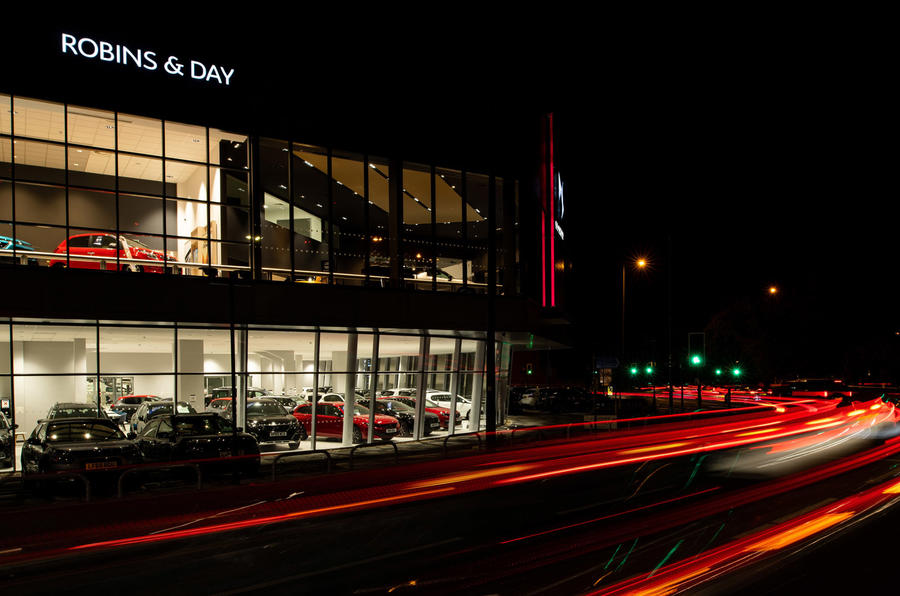

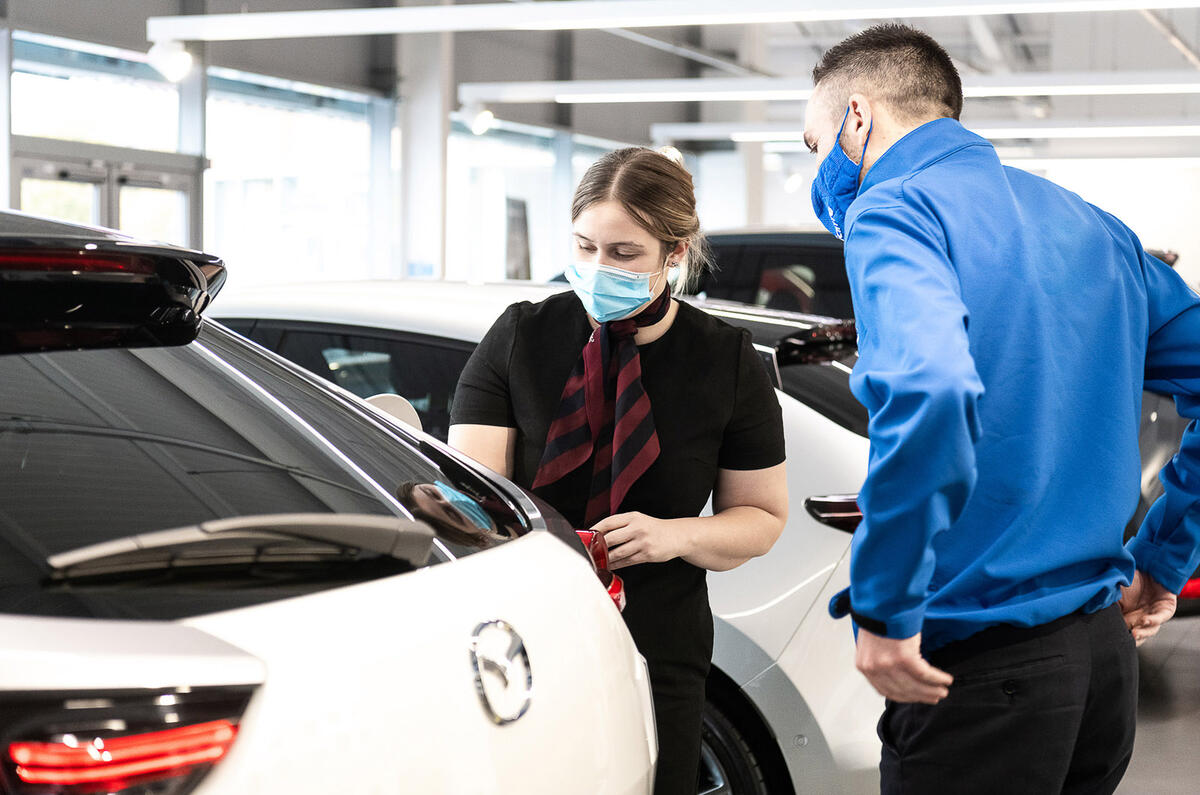




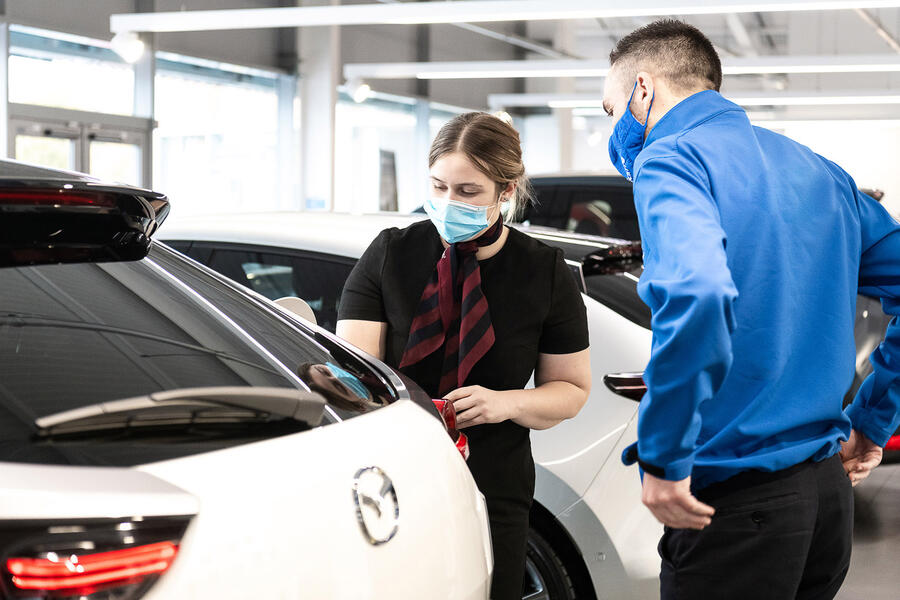
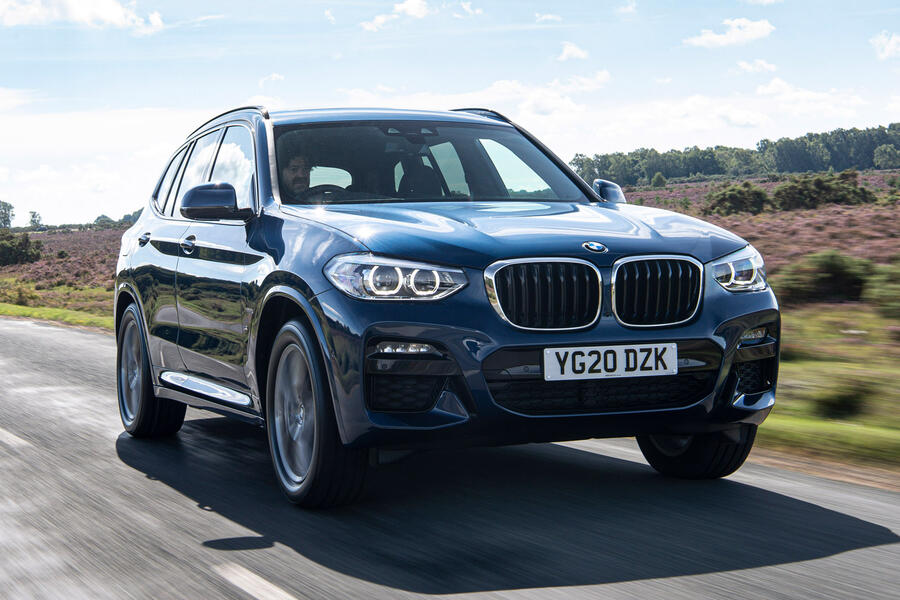
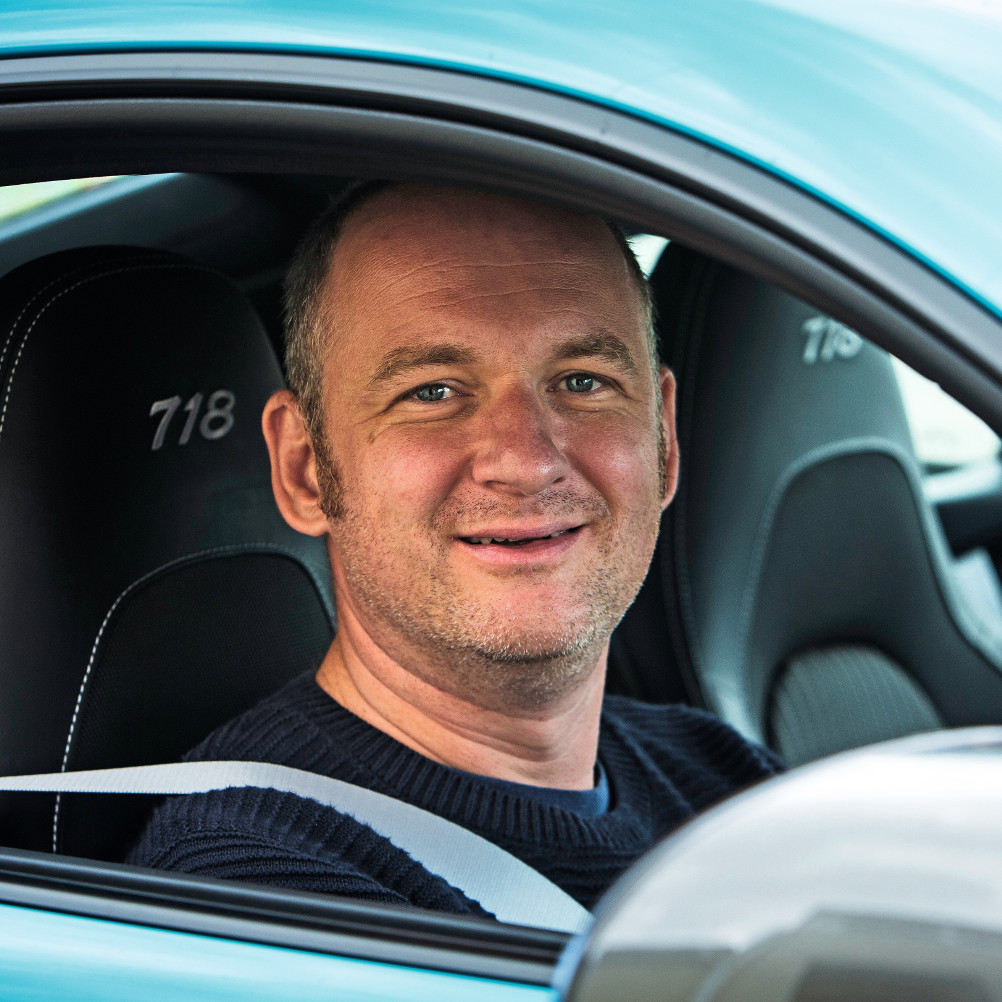




Join the debate
Add your comment
The kids rejected the idea of a 530e...I suspect it was actually the writer who rejected the 530e and wanted the SUV.
Wow, "I wanted an X3 PHEV, but it wasnt available until September, the kids rejected a 530e because it wasnt an SUV, so I got an X3 M Sport", or in other words you let the salesman sell you what they had in stock, because of projected residuals you read in a magazine anyway and scare mongering. Perhaps you should have ignored the kids or tried a different seller
Good job that most of the cars sold in the UK are imported. If we were like countries such as Germany, totally dependent on the car industry, we'd have millions of old men wearing cloth caps riding their pushbikes up and down the country looking for work!